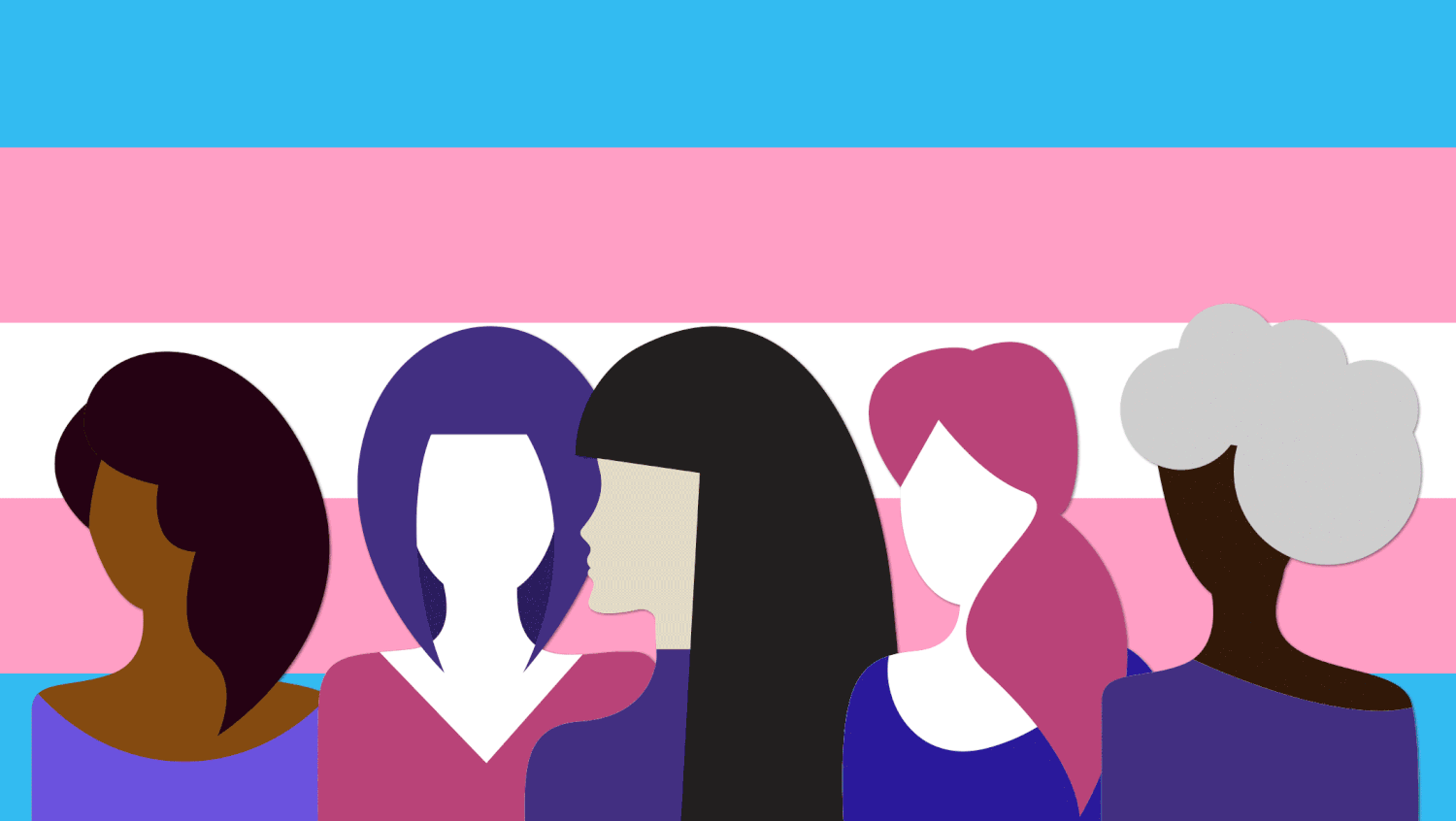
Transphobia: The growing cause of declining mental health
A University of Waikato study has found that transgender people who have experienced stigma, including harassment, violence, and discrimination because of their identity are much more likely to have poor mental health outcomes.
Based on the responses of 1,178 people who completed a national Aotearoa/New Zealand survey, the findings published in the International Journal of Transgender Health, also show that over half (51%) of transgender people had been discriminated against for being transgender.
A team of experts from Waikato, and the University of Otago, assessed the results of the 2018 ‘Counting Ourselves’ survey – a nationwide community-based questionnaire of transgender people living in Aotearoa/New Zealand.
Specifically, the team analysed the extent that stigma and discriminatory experiences alongside protective factors such as the support of friends, family, neighbours and communities, are related to the mental health of transgender people in Aotearoa/New Zealand.
Their results show that 23% of transgender people had been verbally harassed in public venues (such as public transport, retail stores and restaurants) for being transgender, whilst more than one-third (39%) had been victimised through cyberbullying.
It is well-documented that transgender people face high rates of discrimination, harassment, violence and serious mental health disparities.
Lead Author Kyle Tan says the findings of this research show that experiences of gender minority stress are strongly associated with mental health, including suicide, and that positive, protective factors appear to act as a buffer against this.
“One quarter (25%) of transgender participants who had high levels of discrimination, harassment and violence, and low levels of support from friends, family and community, had attempted suicide in the last year. However, only 3% of those who with low levels of discrimination, harassment, and violence and high levels of protective factors had attempted suicide. This means that those with lower risk factors and higher protective factors were more than eight times less likely to have attempted suicide.”
Principal Investigator Dr Jaimie Veale added that these mental health inequities mean that transgender people should be a named priority in mental health and addiction policies.
“To improve the mental health and wellbeing of transgender people, we need to address the stigma and discrimination that they face. We also need to protect transgender people from violence, as a priority in sexual and domestic violence work.”
The authors of Enacted stigma experiences and protective factors are strongly associated with mental health outcomes of transgender people in Aotearoa/New Zealand, include:
- Kyle Tan, University of Waikato (photo attached)
- Dr Jaimie Veale, University of Waikato (photo attached)
- Associate Professor Gareth Treharne, University of Otago
- Associate Professor Sonja Ellis, University of Waikato
- Dr Johanna Schmidt, University of Waikato
Related Posts
7 ways to look after your mental health this Christmas
Christmas can certainly be a difficult time, with 26% of people experiencing poor mental health during the festive season.
Dove study shows the long-lasting effects of face retouching apps for young Kiwis
Almost half of New Zealand girls are using filters and retouching apps by as young as age 10
Endo: The invisible problem debilitating women
Explore why this crippling disease often goes untreated in New Zealand
7 Ways to Protect Your Wellbeing This Christmas
Ready why you aren't alone when it comes to Christmas stress
Dating in 2020: Bumble’s NZ Country Head talks Kiwi love in Lockdown
How lockdown effected our ability to get lucky
Nak-Ed’s escort diaries: Abby
A day in the life of an working girl







